Ipr
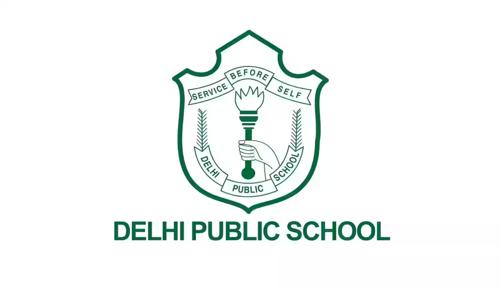
Delhi High Court Grants Ex-Parte Injunction Against Bhiwadi School Over Deceptively Similar ‘DPS’ Name & Logo
The Delhi High Court has restrained a Bhiwadi-based school from using the marks ‘Delhi Public School’, ‘DPS’, and a deceptively similar logo, granting an ex parte injunction in favour of the Delhi Public School Society.
The Court held that the defendants' use of identical names, crest elements, and domain amounted to dishonest adoption, creating a clear likelihood of confusion.
Given DPS’s well-known trademark status and strong prima facie case, the Court directed immediate suspension of the impugned domain and barred further use of the marks.
[Delhi Public School Society v. Delhi Public School International Bhiwadi]
MananBookmark
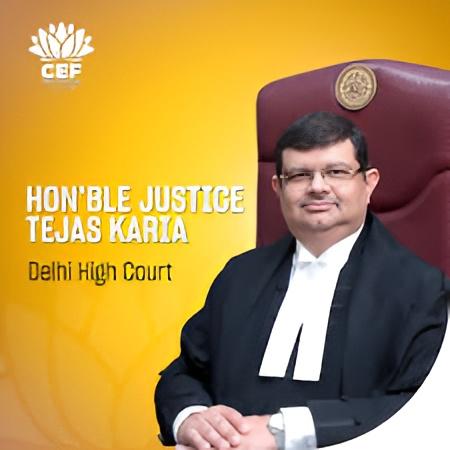
Delhi High Court Directs Removal of ‘Elante’ Trademark From Infringing Marks
The Delhi High Court has ordered the removal of three marks- “Elante Residencies,” “Elante Group,” and a device mark- after holding that Chandigarh-based CSJ Infrastructure is the prior adopter, user, and registered proprietor of the “Elante” trademark.
Justice Tejas Karia noted CSJ Infrastructure’s continuous use of the mark since 2011 and found that ERL’s later registrations, obtained in 2019 and 2020 on a proposed-to-be-used basis, covered identical services and were likely to cause confusion.
The Court directed the Registrar of Trade Marks to strike all three marks from the register.
[CSJ Infrastructure Pvt. Ltd. v. Mr. Akash Kohli & Anr.]
MananBookmark

Bombay High Court Restrains Use of Trade Dress Similar to Parachute Jasmine Hair Oil
The Bombay High Court has temporarily restrained Minolta Natural Care and related entities from using packaging and bottle designs that the Court found deceptively similar to Marico’s Parachute Jasmine and Parachute Advansed Jasmine hair oils.
The Court said Marico established a strong prima facie case of trade dress imitation, noting similarities in colour scheme, layout, bottle shape, and overall visual appearance.
It held that such resemblance could mislead consumers and amounted to passing off.
Observing that continued use would cause irreparable harm, the Court granted an interim injunction and directed the defendants to stop using the impugned trade dress.
[Marico Ltd v. Minolta Natural Care & Ors.]
MahiraBookmark

Delhi High Court Directs Platforms to Act on Salman Khan’s Personality-Rights Complaint Within Three Days
The Delhi High Court has directed various social media intermediaries to treat actor Salman Khan’s suit seeking protection of his personality rights as a complaint under the IT (Intermediary Guidelines and Digital Media Ethics Code) Rules, 2021, and to take necessary action within three days.
The matter arose from allegations of fake and misleading content, an app available for download, and the improper use of AI chatbots and e-marketplaces to exploit the actor’s persona.
The court ordered respondents to treat the petition as a complaint under the Information Technology (Intermediary Guidelines and Digital Media Ethics Code) Rules, 2021, and indicated it will pass detailed orders against those misusing the actor’s persona for commercial merchandise.
[Salman Khan v. Ashok Kumar v. Ors.]
Thanush SBookmark
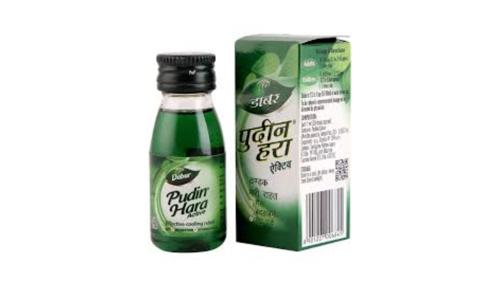
Delhi High Court to Rule on Dabur's Trademark Challenge Over "Pudin Hara"
The Delhi High Court is set to decide whether "Pudin Hara," a trademark long associated with Dabur India's digestive product, can be exclusively owned by Dabur or if another company, Wellford Pharma, can use it in their trademark.
Dabur has filed a plea to cancel Wellford Pharma’s trademark registration, “Welford Pudin Hara,” arguing that the name "Pudin Hara" has been uniquely linked to their brand for decades, with a history spanning over 90 years.
Dabur seeks to prevent any confusion that could affect their brand reputation and public health.
The court has reserved the plea for interim orders.
[Dabur India v. Wellford Pharma]
MananBookmark
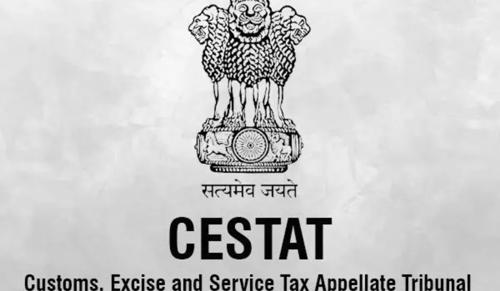
CESTAT Rules Service Tax Not Payable on Royalty for Use of Group Companies’ Logo
The Chennai Bench of the Customs, Excise and Service Tax Appellate Tribunal (CESTAT) held that service tax is not payable on royalties received for the use of the copyrighted ‘TTK’ logo by group companies.
The tribunal observed that licensing the logo within the corporate group does not amount to a taxable service.
The ruling clarifies that intra-group transactions involving intellectual property rights may be exempt from service tax, provided there is no commercial supply outside the group.
This decision provides guidance for companies managing royalties on copyrighted logos.
[T.T. Krishnamachari & Co. v. CESTAT]
MahiraBookmark

Delhi High Court Upholds Refusal to Cancel Screw Maker’s ‘HP’ Trademark in Dispute with Rival Brand
The Delhi High Court has upheld an order refusing to cancel a screw manufacturer's "HP" trademark, rejecting a challenge by the multinational technology brand HP.
The Court has dismissed an appeal by Ganraj Enterprises, a Maharashtra-based screw manufacturer that uses the mark “HP+”, against a 2022 order of the Registrar of Trade Marks refusing to cancel Land Mark Crafts Ltd.'s registration for the mark “HP” for identical goods.
The court found sufficient distinction between the hardware company's fasteners and the tech giant's electronic products, preventing consumer confusion in their respective markets.
8 days ago
YashashviBookmark

Delhi High Court Refuses to Restrain Dr Reddy’s from Manufacturing, Exporting Ozempic-Like Drug
The Delhi High Court refused to grant an interim injunction sought by Novo Nordisk, allowing Dr Reddy’s Laboratories to manufacture and export its version of the GLP-1 drug containing semaglutide.
The Court observed that Dr Reddy’s raised a credible challenge to Novo Nordisk’s patent claims, noting that the company had obtained two patents for minor variants of the same compound, amounting to “evergreening.”
The Court held that the species-specific patent was already claimed under a broader genus patent, and Novo Nordisk’s actions artificially extended its monopoly.
Dr Reddy’s is permitted to continue manufacturing the drug for export while the validity of the patent is examined.
[Novo Nordisk v. Dr Reddy’s Laboratories]
MahiraBookmark
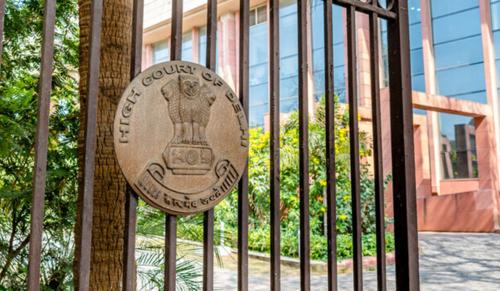
Delhi High Court Closes Suit After Novex Confirms No Licence Needed for Pre-1965 Songs
Delhi High Court closed a copyright suit after Novex Communication stated it does not claim rights over sound recordings published before 1965.
Bignet Solutions had approached the Court seeking clarity on whether playing such songs at a private event required a licence.
The Court said the dispute no longer survived since Novex clearly confirmed that pre-1965 music falls outside its licensing scope. It was observed that no further adjudication was needed once the defendant clarified its stand.
The order provides certainty for organisers using old sound recordings for private events, affirming that no licence is required for pre-1965 songs.
[Bignet Solutions LLP v. Novex Communication Pvt Ltd]
9 days ago
MahiraBookmark
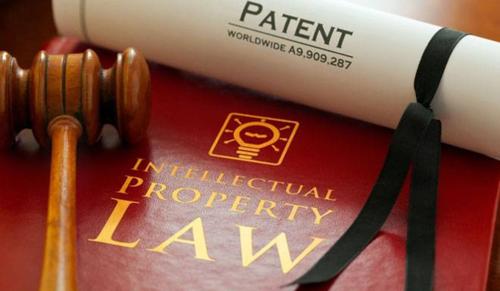
Centre Revises Patent Penalty Rules with Appeal Period Starting on Receipt of Order
The Centre has amended the Patents Rules, 2003, through the Patents (Amendment) Rules, 2025, effective November 25, 2025.
The overhaul replaces Chapter XIV A – Adjudication of Penalties and Appeals, introduced in 2024, and introduces procedural changes while retaining the overall structure.
A key change stipulates that the appeal period for patent penalty orders will now commence from the receipt of the order, rather than the date of the order, providing patentees adequate time to respond.
The amendments aim to streamline the penalty adjudication mechanism and enhance procedural clarity in patent enforcement and compliance matters.
10 days ago
MahiraBookmark
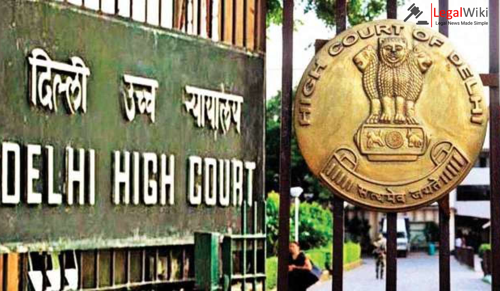
Delhi High Court Backs Patent Office in Rejecting Diabetes Drug Application
The Delhi High Court has upheld the patent office's rejection of a patent application by Amylin Pharmaceuticals and AstraZeneca for their sustained-release diabetes injection.
The Court has upheld the Patent Office's refusal of a patent for their sustained-release exenatide injection for diabetes, ruling that the formulation was 'obvious' from existing science and lacked the inventive step required for protection.
The court found the invention lacked sufficient inventive step over existing prior art, maintaining India's strict patentability standards for pharmaceutical innovations.
10 days ago
YashashviBookmark
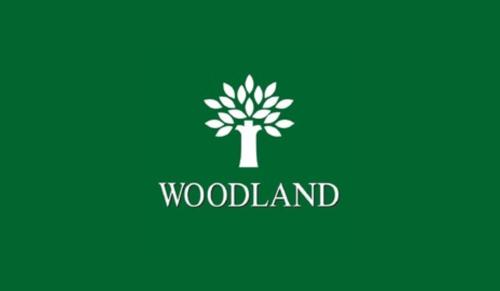
Delhi High Court Summons Woodland MD Over Seized Shoes in Trademark Dispute
The Delhi High Court has summoned Woodland (Aero Club) Pvt Ltd’s Managing Director, Harkirat Singh, and Senior Manager, Madan Kalra, after Speedways Tyre Treads claimed that shoes seized on allegations of counterfeiting were actually manufactured under Woodland’s own purchase orders.
Justice Manmeet Pritam Singh Arora noted that Woodland was unable to clarify whether the seized stock, valued at around ₹30 lakh, was counterfeit or genuine.
The Court directed Woodland to deposit ₹30 lakh, and asked both officers to file personal affidavits explaining why relevant correspondence was not disclosed when seeking the injunction.
The case will be heard next on December 23.
[Woodland (Aero Club) Pvt Ltd v. Speedways Tyre Treads]
11 days ago
MananBookmark
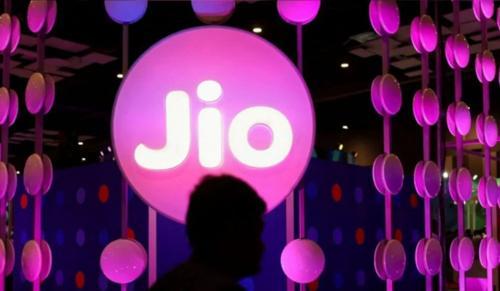
Bombay High Court Restrains Taxi Operator from Using ‘Jio’ Brand Name
The Bombay High Court has granted interim relief to Reliance Jio, restraining a Jharkhand-based taxi operator from using the "Jio Taxi" mark.
A single bench of Justice Sharmila U. Deshmukh issued the ad-interim injunction on November 24, 2025, directing the operator to immediately cease using the contested mark, including the website jiotaxicab.com, pending the final resolution of the dispute.
The court found prima facie trademark infringement and potential consumer confusion with Jio's well-established brand. It noted that the operator’s prior attempt to register the mark had been rejected, strengthening Reliance’s claim.
The injunction aims to prevent further misuse of the mark until the matter is finally adjudicated.
[Reliance Industries Ltd. v. Jharkhand Taxi Operator]
YashashviBookmark
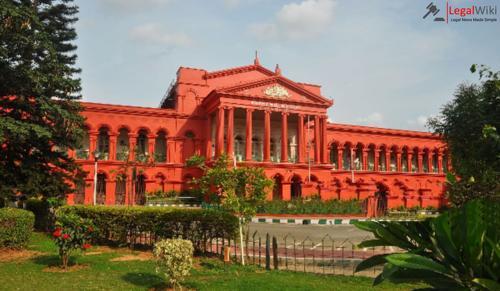
Karnataka High Court Reinstates Ownership of ‘Yezdi’ Trademark in Favour of Classic Legends
The Karnataka High Court has restored Classic Legends' rights to the Yezdi trademark for motorcycles, setting aside the 2022 single-judge order that had restrained the company from using the mark.
A Division Bench held that the single judge had erred in concluding that Ideal Jawa continued to own the Yezdi trademarks, noting that the marks had lapsed many years ago and the company had taken no steps to renew, revive, or protect them.
The court found the restraint unjustified, recognising the prolonged non-use of the mark by Ideal Jawa and the legitimate efforts made to revive the iconic Yezdi brand in the Indian market.
With the appeals now allowed, Classic Legends is free to continue using the Yezdi name and logos for its motorcycles.
[Boman R. Irani v. The Official Liquidator of Ideal Jawa]
YashashviBookmark

Parents of Major Mohit Sharma Move Delhi High Court Seeking Stay on Release of Ranveer Singh’s ‘Dhurandhar’
The parents of Ashoka Chakra awardee Major Mohit Sharma, killed in the 2009 Kupwara operation, have moved the Delhi HC seeking a stay on the release of the upcoming film Dhurandhar, starring Ranveer Singh.
The petition alleges that the film’s trailer and narrative appear to be “directly inspired” by his undercover life and martyrdom, and claims no consent was obtained from his family or the Army.
The family argues this amounts to a violation of the martyr’s “posthumous personality rights” and infringes their rights to privacy, dignity and reputation under Article 21.
They also raise concerns over unauthorised depiction of sensitive military operations and request a private screening before the public release.
Thanush SBookmark
